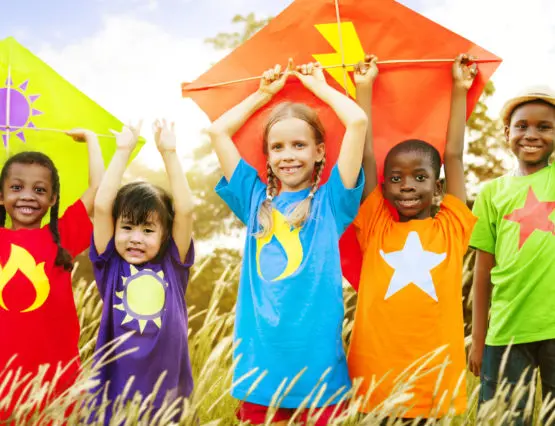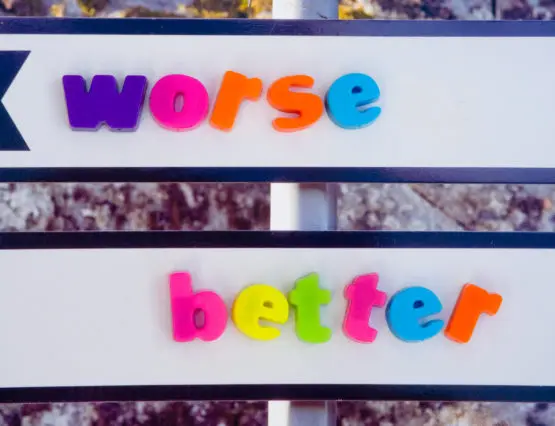
PowerPoints on Social Skills in Special Education
PowerPoints on social skills in special education were developed in response to current social research in the field of autism spectrum disorders, the difficulties these students experience with writing skills, the need for curriculum for students at the middle and high school level, and decreased planning time afforded to special education educators. In addition, staff at Watson Institute – including consultants, social workers, psychologists, and special education teachers – shared their observations from years of work in the field and research settings to determine a medium that would meet the needs they viewed as important to students with social challenges.

Ever have one of those days? Find out four ways to turn it around to a better day! Best for students in middle through secondary school.
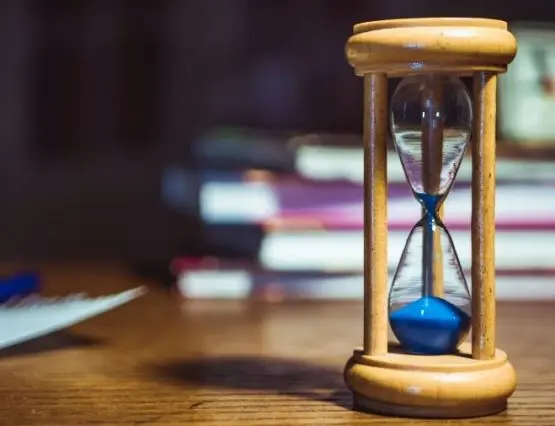
Social Skills to Manage Wait Time
Waiting is SO hard! Find out tips to help. Best used for elementary through grade 4.
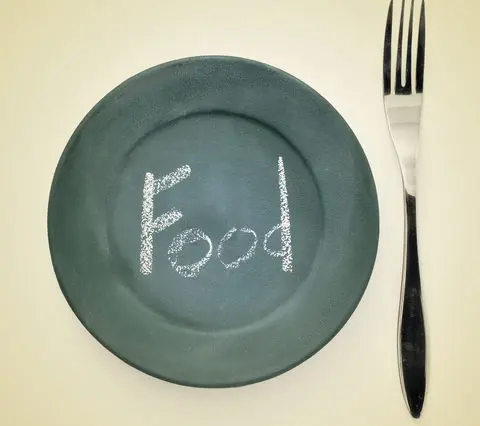
Social Skills for Manners at Mealtimes
Proper etiquette during meals. Best used by primary and middle school-age students who need minimal to substantial support.
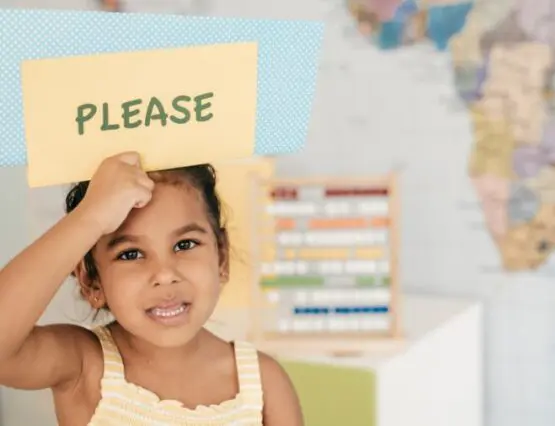
Social Skills to Teach Manners
Social manners make a difference! Best used by primary (3rd-5th) and middle (5th-6th) school-age students who need minimal to substantial support.
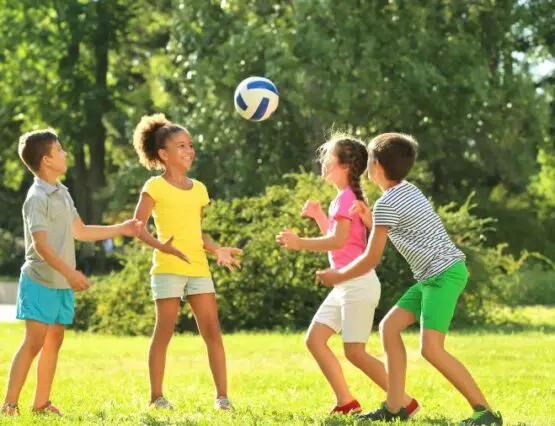
Social Skills to Understand Friendship Dynamics
A real friend won't tease you. Best used by primary and early middle school-age students who need minimal to substantial support.
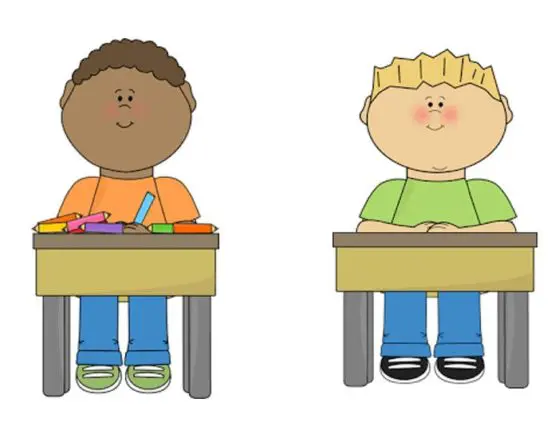
Social Skills to Follow Directions
Do I know exactly how to follow directions in my classroom? I can learn! Best for students in 2nd grade or 3rd through 5th grade.
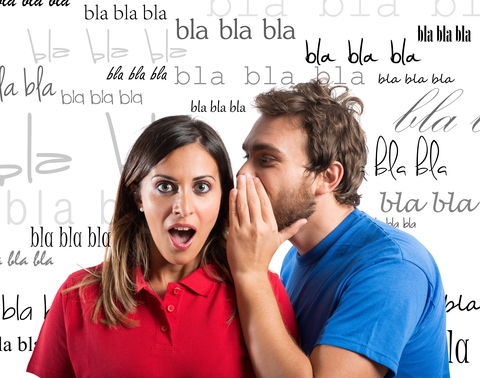
Social Skills for What to Do About Gossip & Rumors
Don't let gossip get out of control. Best used by middle and secondar school-age students and young adults who need some support.
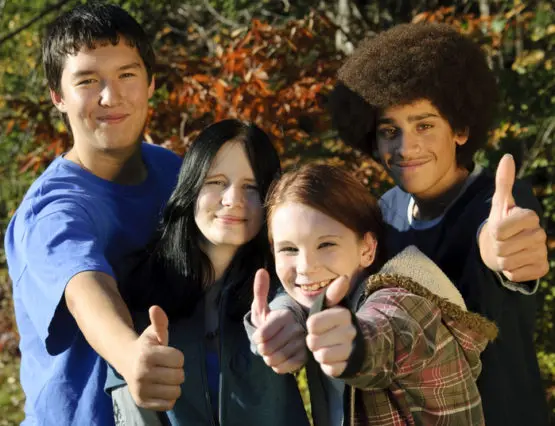
Social Skills for Handling Put-Downs
Read more for tips and resources for handling put-downs! Best used by primary (4th-5th), middle and secondary school-age students who need some support.
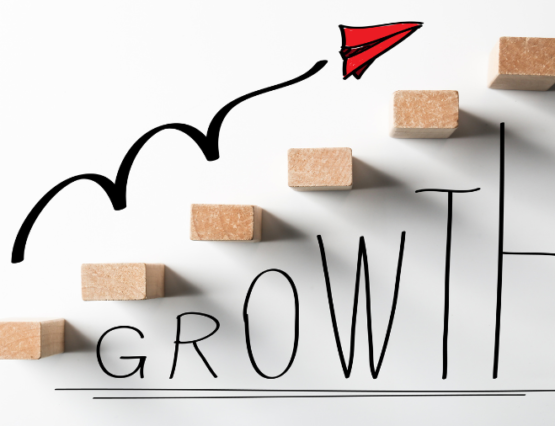
Social Skills to Develop a Growth Mindset
Having a growth mindset means that your brain is open to learning and trying new ways of figuring things out! Find out how to teach this concept to students.

Social Skills for Taking Care of My Body
Proper hygiene and exercise are important. Best used by primary (4th & 5th) and middle school-age students who need minimal to substantial support.
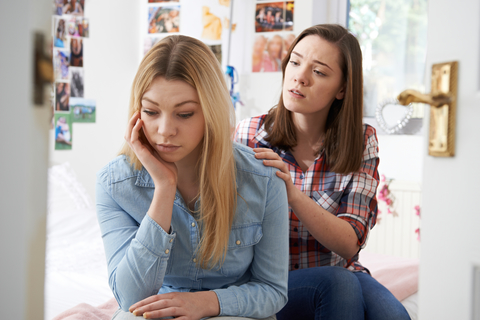
Social Skills for Showing Compassion
Find out what compassion means and how to show it. Best for students in middle school through secondary.
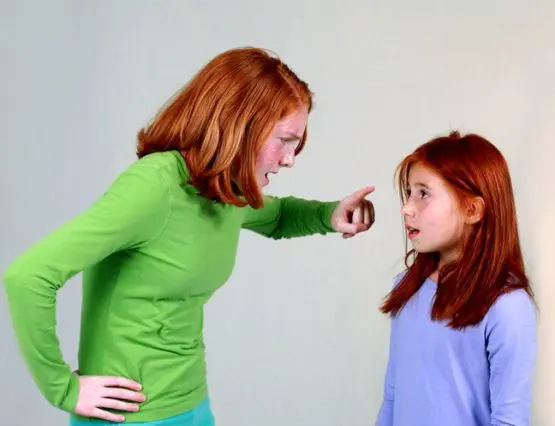
Social Skills for Being Helpful, Not Bossy
Read our special education resources on how to be helpful but not bossy! Best used by primary and middle (6th) school-age students who need minimal to substantial support.
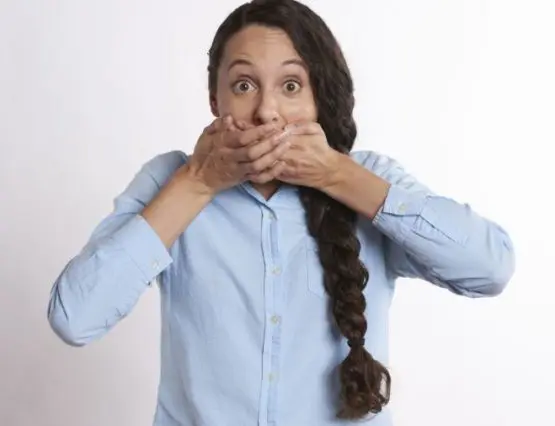
Social Skills for Handling Embarrassment
Find out four ways to handle embarrassment and feel better! Best for students in grades 4 through 6.
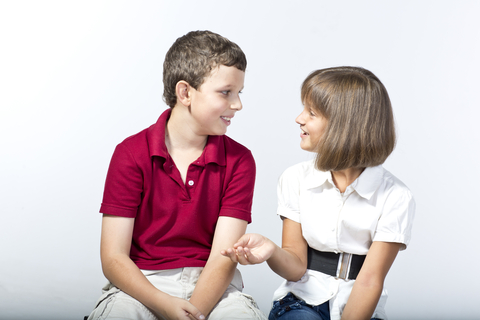
Social Skills to Initiate Conversation
Do you know when is a good time to start a conversation? Look hard and decide! Best for middle, secondary, and young adult aged students.
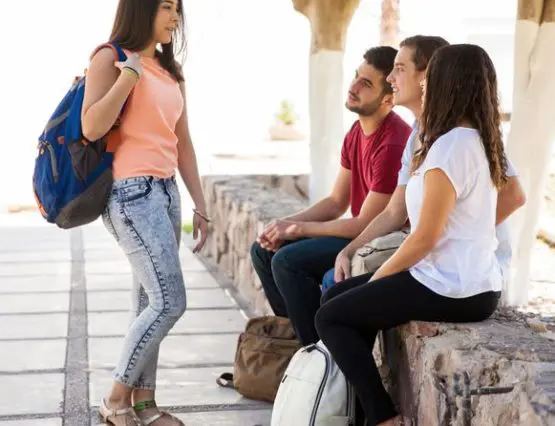
Social Skills for Handling Cliques
Find out what a clique is, how they act, what it feels like to be left out, and what strategies to use if cliques are upsetting. Best for students in middle through secondary school level.
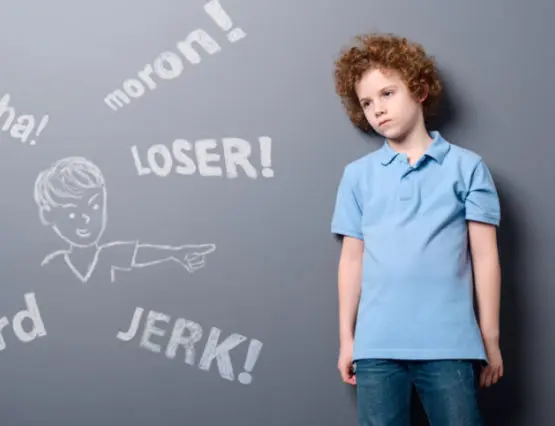
Social Skills to Address Teasing
Learning the difference between friendly and unfriendly teasing. Best used for middle and secondary school-aged students as well as Young Adults who need some supports.
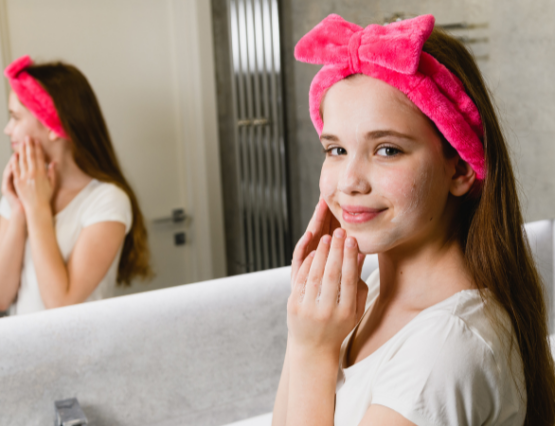
Social Skills for Maintaining Good Hygiene
Having friends means being a friend. Best used by middle (8th) and secondary school-age students and young adults who need minimal to substantial support.
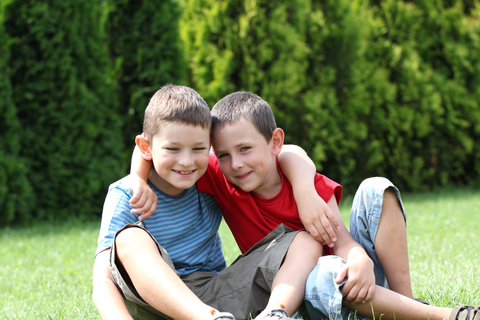
Social Skills for Connecting with & Maintaining Friends
Friends have things in common with each other. Best used by primary (5th grade), middle and secondar school-age students and young adults who need some support.
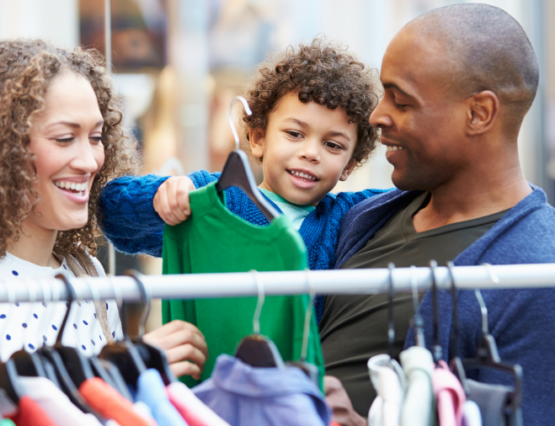
Social Skills to Choose Appropriate Clothing
Teach your students or children social skills to help them choose appropriate clothing to wear in a variety of situations!
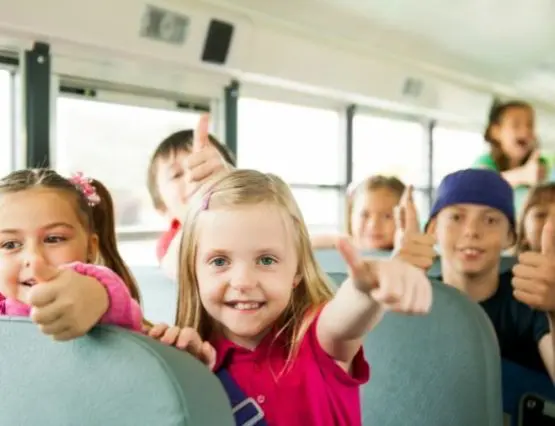
Social Skills Resources for School Bus Safety
Do you know what to do to stay safe? Check our Watson Resources for more information on school safety. Best for primary and early middle school aged students.
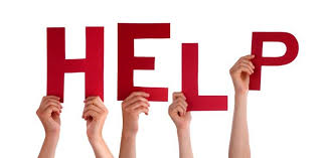
Social Skills for Asking for Help
It's OK to ask for help, figure out when and how. Best for students in 4th grade through early secondary.

Social Skills to Handle Losing
It's not whether you win or lose, it's how you play the game! Best used for preschool and primary school-age students who need minimal to substantial support.
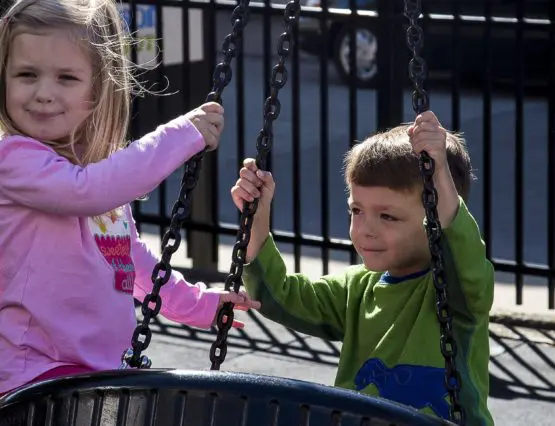
Social Skills for Having Fun at Recess
Recess is great playtime. Best used for primary school-age students who need some support.
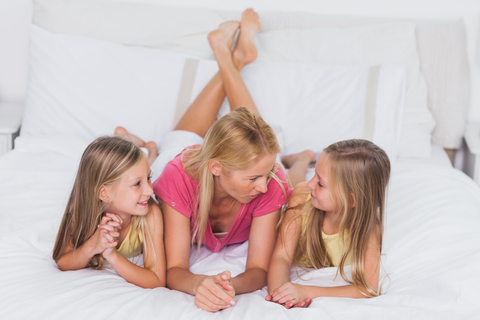
Social Skills for Talking About Feelings
Talking about feelings helps to deal with them. Best used by primary and early middle school-age students who need minimal to substantial support.
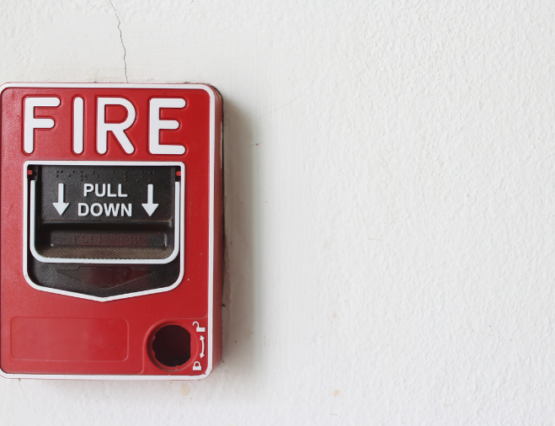
Social Skills to Handle Fire Drills
Teach your students the social skills necessary to handle fire drills with ease!
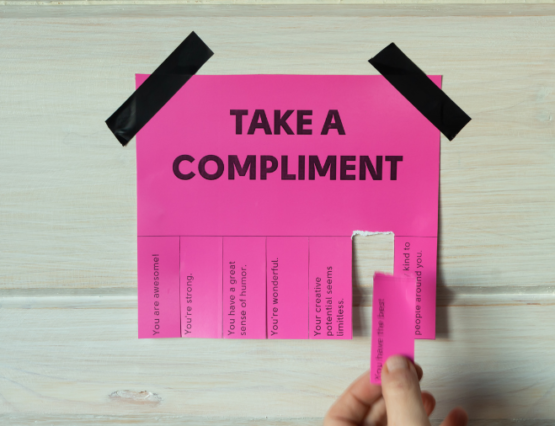
Social Skills to Give Compliments
Use these resources to teach your child or student the necessary social skills to offer a compliment to someone!
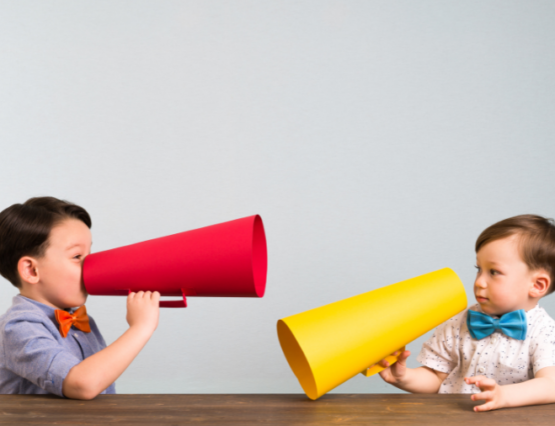
Social Skills for Voice Volume in Conversation
In this lesson module, learn how to teach your students the social skills to modulate their voice volume, tone, and speed for conversations!
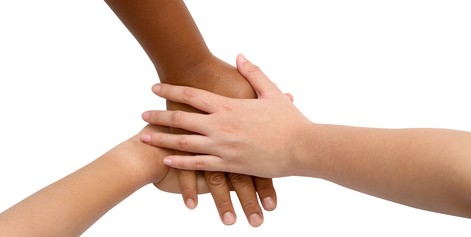
Social Skills for Working in Groups
Working in a group is being part of a team. Best used by Primary, Middle, and Secondary school-aged students who need some support.
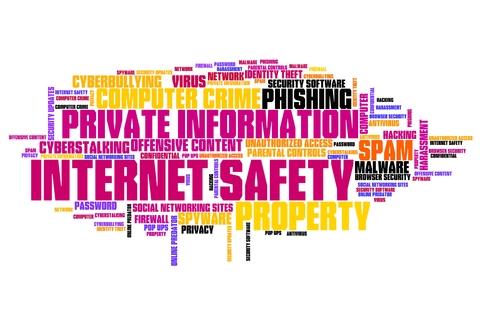
Social Skills for Staying Safe Online
Be careful of the information you share online. Best used by primary (4th & 5th grade), middle and secondary school-age students and young adults who need some support.
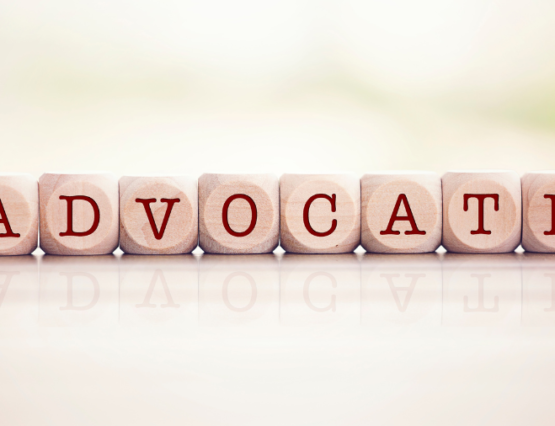
Social Skills to Learn Self-Advocacy
Resources to help you teach your child or student how to stand up and speak for themselves!
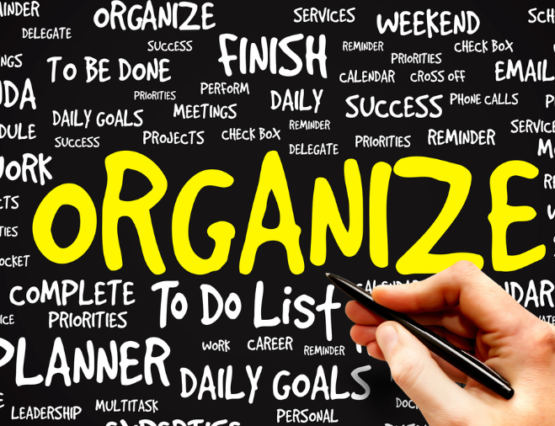
Social Skills to Learn Organization
Being organized can help students stay focused, engaged, and reduce stress! Check out these social skills resources to teach organization!
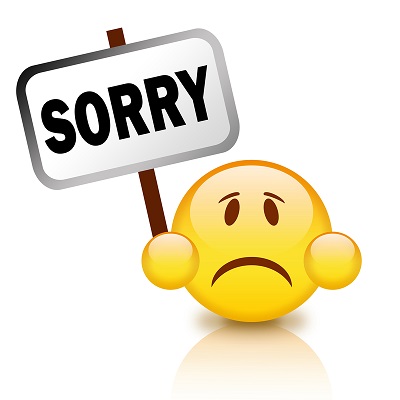
Social Skills for Apologizing
Resources for how to say I'm sorry and mean it. Best used by primary (3rd-5th), middle and secondary school-age students who need some support.
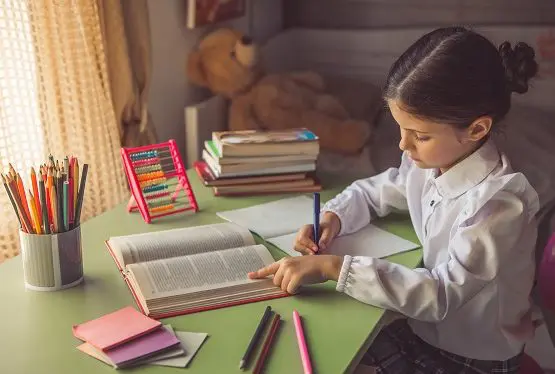
Social Skills for Handling Homework
Homework – a fact of life and strategies to make it easier! Best used for students 4th through secondary.
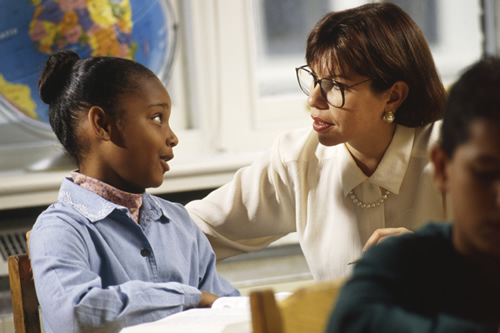
Social Skills for Accepting Consequences
Can I learn from consequences? What are consequences anyway? Best used for upper elementary and middle school students.
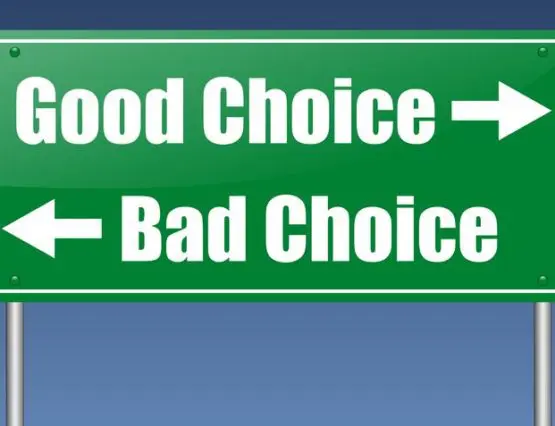
Social Skills for Appropriate School Behaviors
Resources to make good choices at school. Best used by primary school-age students who need minimal to substantial support.
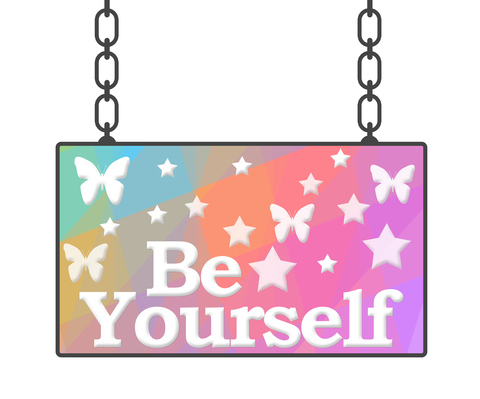
Social Skills for Developing Healthy Self Esteem
Have a Positive Self Image. Best used by primary (4th-5th) and middle (5th-7th) school-age students who need some support.
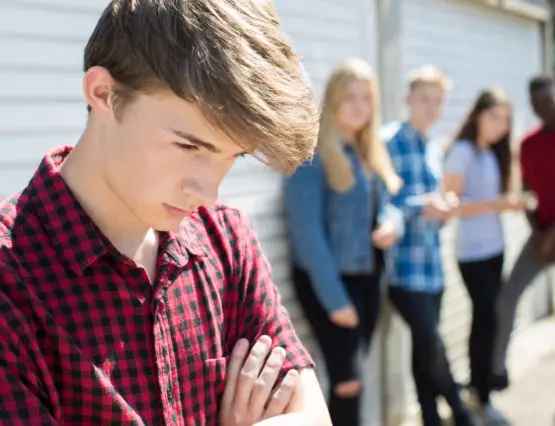
Social Skills to Handle Peer Pressure
There are solutions where there is peer pressure. Best for students in middle, secondary, and young adult school levels.
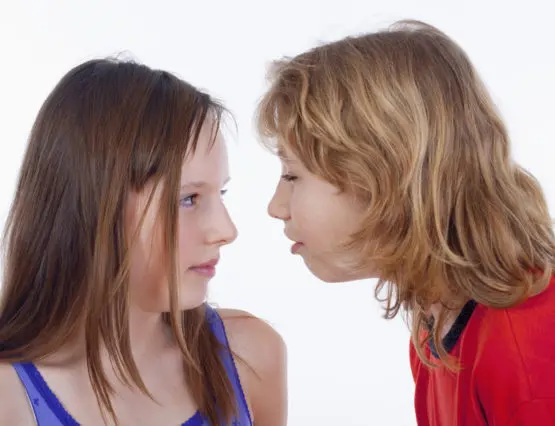
Social Skills for Understanding Personal Space
Figure out 'how close should I be?' in many situations. Best for students in 4th grade through early secondary.
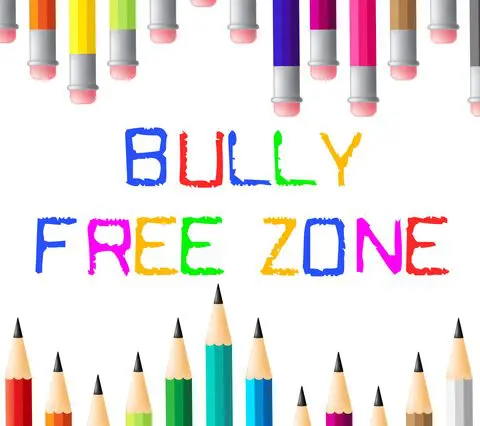
Social Skills for What to Do About Bullying
Live, in person bullying is different from cyber bullying. Best used by middle (5th grade) and secondary school-age students and young adults who need some supports.
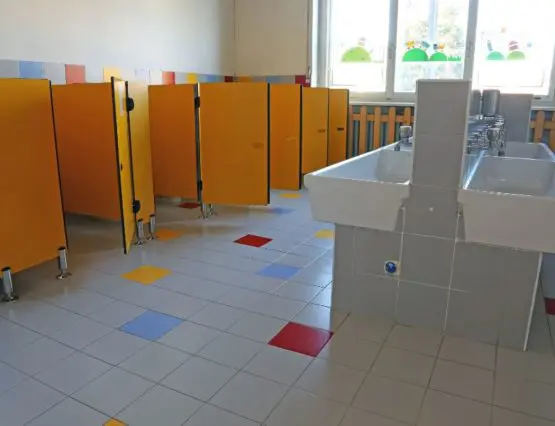
Social Skills Module for Bathroom Etiquette
You would want to use a bathroom that had some rules! Check this out. Best for primary and middle school aged students.
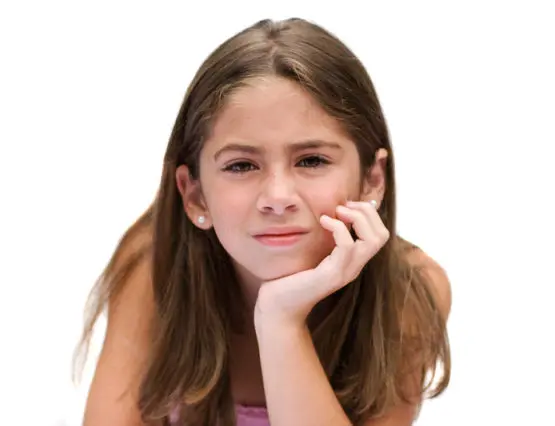
Social Skills to Define Bullying
It's hard to be bullied, but are you the Bully? Best for students in 4th grade through early secondary.
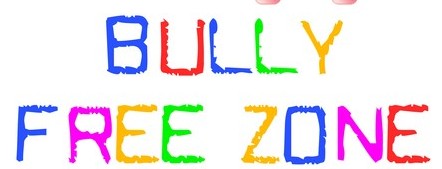
Social Skills for What to Do About Cyberbullying
Cyber bullying can happen anywhere, even at home where a person should feel safe. Best used by primary (4th & 5th), middle and secondar school-age students and young adults who need some support.
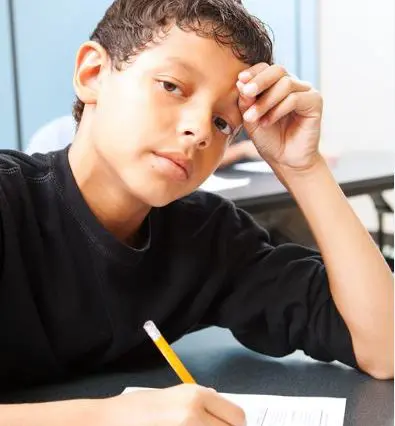
Social Skills for Taking Tests
Read on for special education resources to tackle test taking. Best used by primary (4th-5th), middle and secondar school-age students who need some support.

Social Skills for Classroom Cooperation
Friendship is cooperation. Best used for primary and middle school-age students who need minimal to substantial support.

Social Skills to Handle Disagreements
Best used by secondary school-age students and young adults who need some support.
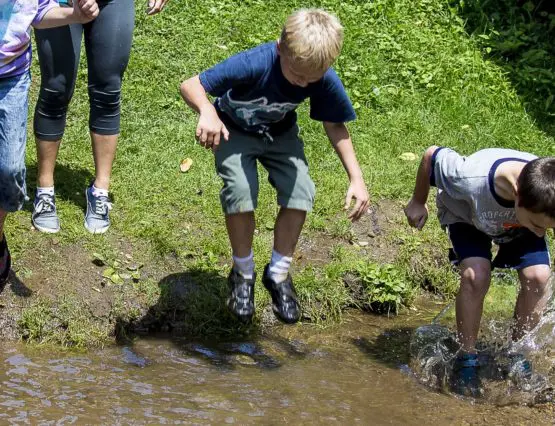
Social Skills for Learning to Play Together
Activities that promote playing with others. Best used by preschool and primary school-age students who need minimal to substantial support.

Social Skills Module to Teach Feelings
We all have feelings and we care about others. Best used by primary (4th & 5th), middle and secondary school-age students who need minimal to substantial support.

Social Skills for Learning to Greet People
Greetings are important social skills. Best used for primary and middle school-age students who need minimal to substantial support.
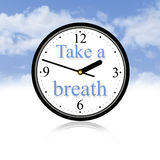
Social Skills for Self-Calming Techniques
Calming techniques for unpleasant situations. Best used by preschool, primary and early middle school-age students who need minimal to substantial support.
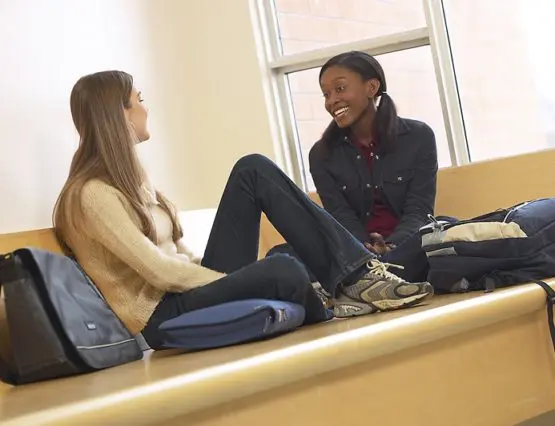
Social Skills to Maintain Conversations
Keeping the conversation going. Best used by secondary school-age students and young adults who need some support.
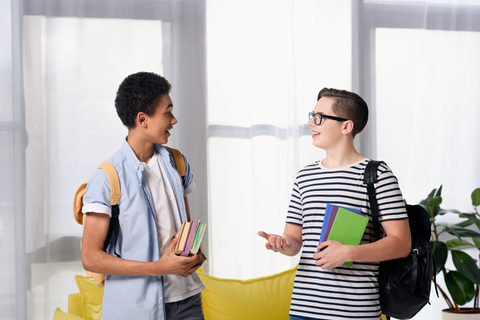
Conversation Social Skills for Listening
There are special skills to use when you really listen to others. Best for middle, secondary, and young adult aged students.

Social Skills for Understanding Emotions
Controlling emotions and events that trigger them. Best used by Primary, Middle, and Secondary school-aged students, as well as Young Adults who need some supports.
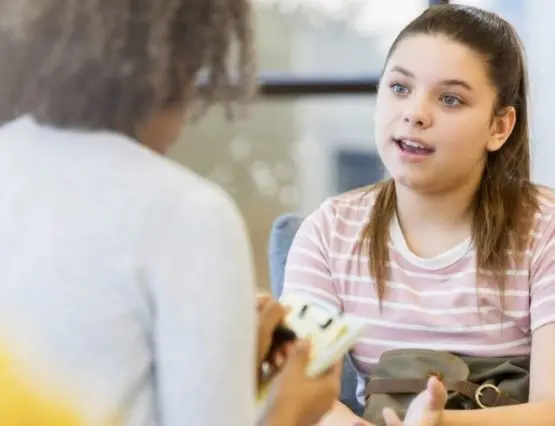
Social Skills Module to Build Conversations
How to start a conversation. Best used for primary school-age students who need some support.
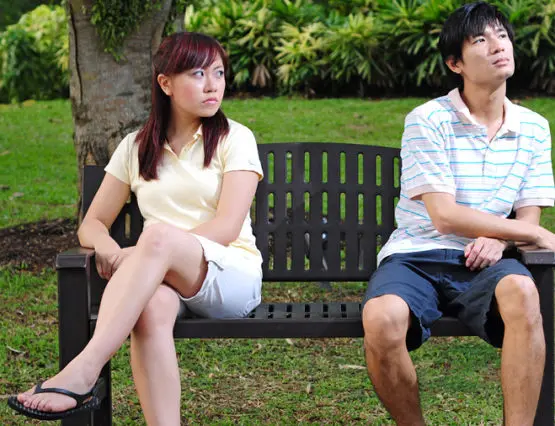
Social Skills to Read Body Language
This man's arms are folded. What does that tell you about his mood? Best used by middle (5th) and secondary school-age students and young adults who need some support.
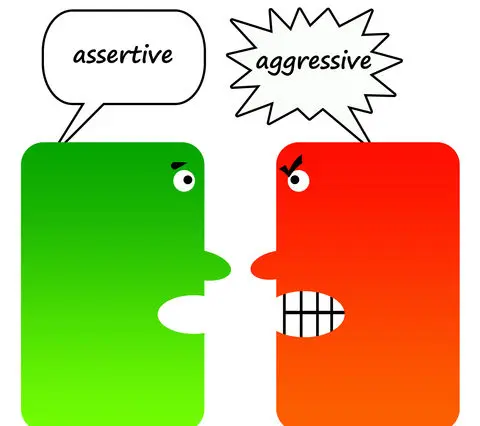
Social Skills to Teach Conflict Resolution
There is a difference! Best used by middle and secondary school-age students as well as young adults who need some support.
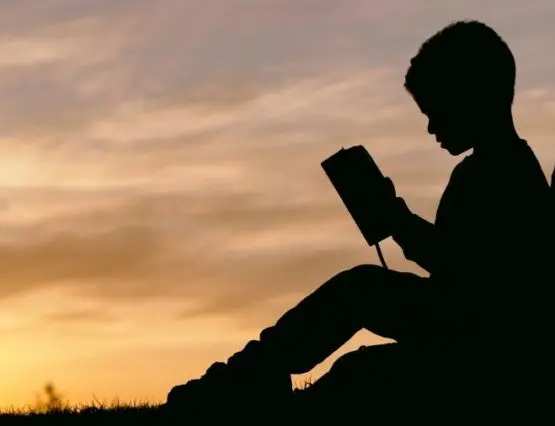
Social Skills for Practicing Mindfulness
What is Mindfulness and How Can it Help in and out of School? Check this out! Best used for Upper Elementary through Middle School.
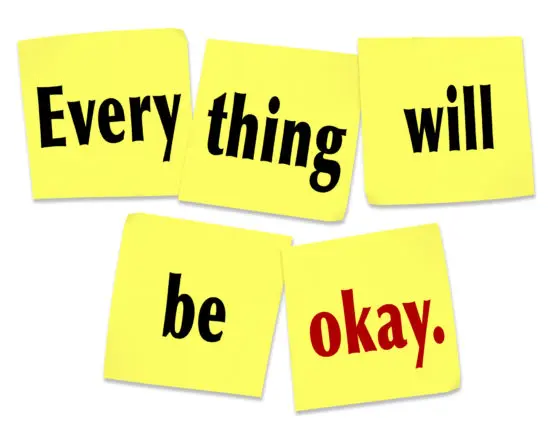
Social Skills to Manage Worries
Activities to keep the mind from worrying. Best used by primary and middle school-age students who need minimal to substantial support.
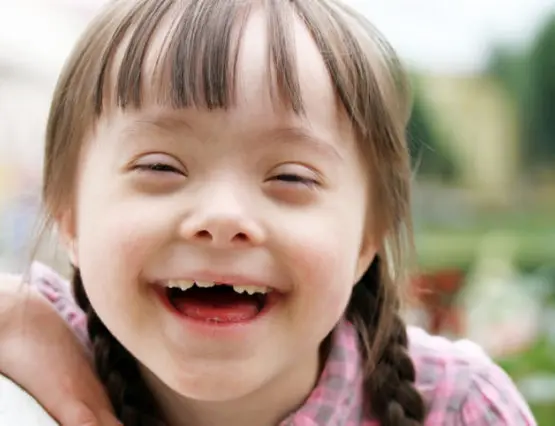
I Can Stress Less at School
Learn how to handle stress! Best used for third grade through Middle School.
